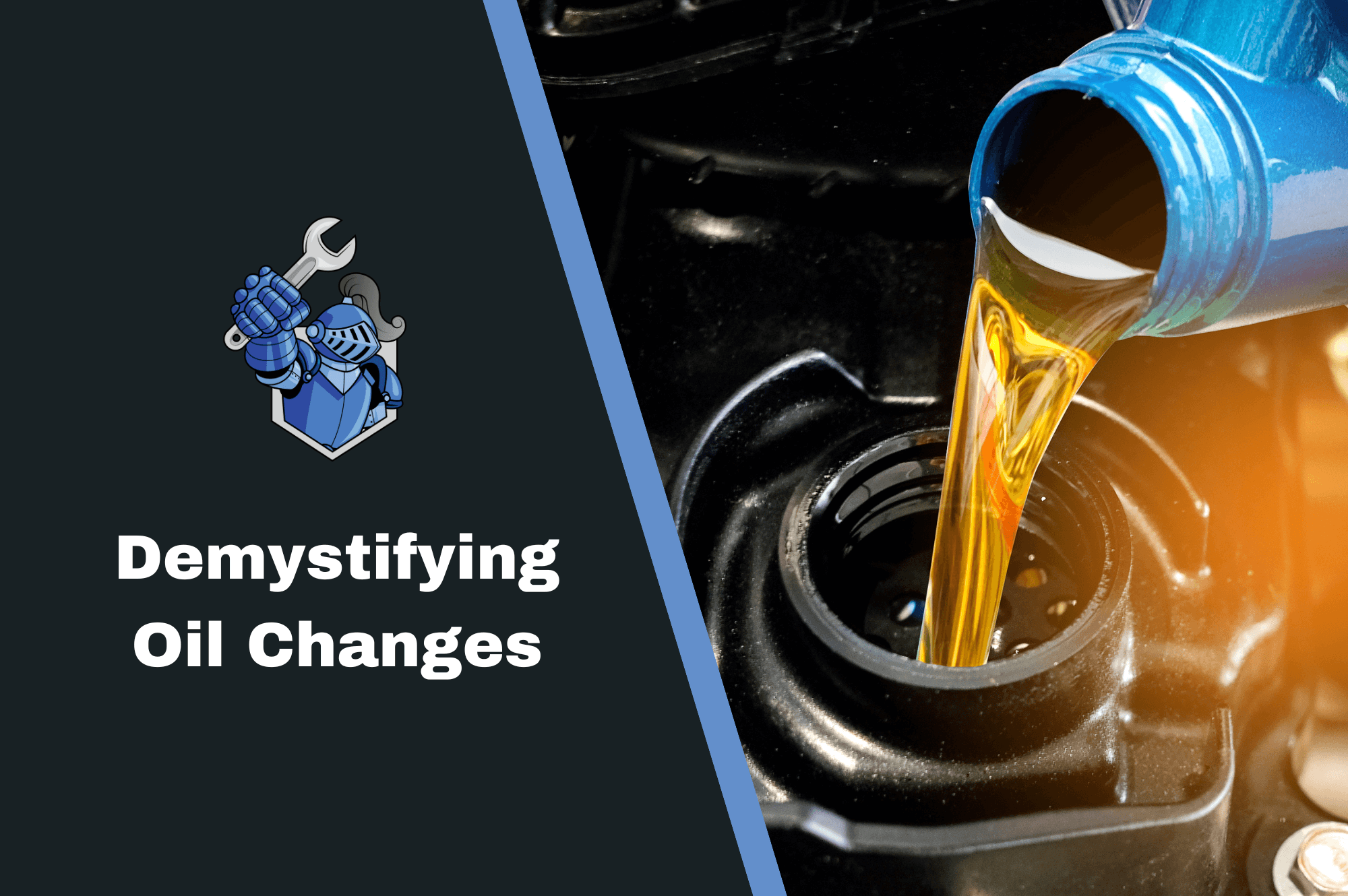Changing the oil in your motorized vehicle should be at the top of your list when it comes to maintaining your vehicle. Most 16-year-old teenagers (whose parents probably own the car) learn that changing the oil every 3,000 miles is one of the most important things to do to sustain your car’s healthy life. However, with advancements in automotive technology, the recommended oil change intervals have evolved significantly.
The Evolution of Oil Change Intervals
With improvements and advances in automotive technology, newer cars no longer require an oil change every 3,000 miles. Some conservative estimates suggest changing the oil every 5,000 to 10,000 miles, depending on the make and model of your car. These advancements include better oil and filter systems capable of removing harmful chemicals and elements, thereby protecting the engine and improving its performance.
Factors Affecting Oil Change Frequency
Several factors influence how often you should change your oil, including the type of oil used, driving conditions, and the vehicle's age and model. Synthetic oils, for example, are designed to last longer than conventional oils, often extending the interval between changes. Additionally, modern oil formulations include additives that help prevent oil thickening and enhance the oil's protective qualities.
Impact of Driving Habits
Since the COVID-19 pandemic, remote work has become extremely popular, resulting in fewer miles driven by many people. This reduction in driving means that the oil change intervals can be extended for those who use their vehicles less frequently. However, it is still essential to monitor your oil's condition regularly, regardless of how often you drive.
The Role of Oil Monitors
Almost all new cars come equipped with oil monitors to assist drivers in tracking oil temperature and gauging when it is time for a change. These monitors provide real-time data and can alert drivers when the oil's quality begins to degrade. This technological advancement helps ensure that your engine remains well-lubricated and protected.
Importance of Using the Right Oil
Keeping your car engine lubricated with the right oil is invaluable. Using the appropriate oil ensures optimal performance and longevity of your vehicle. It's crucial to check your car’s manual and consult with a licensed mechanic to ensure you are using the correct oil and following the recommended oil change intervals.
Common Questions About Oil Changes
Q: How do I know when it's time for an oil change?
A: Most modern vehicles come with an oil life monitoring system that alerts you when it's time for an oil change. Additionally, you can refer to your vehicle's manual for the manufacturer's recommended interval.
Q: Can I switch between synthetic and conventional oil?
A: Yes, you can switch between synthetic and conventional oil, but it's best to consult your vehicle's manual or a licensed mechanic to ensure compatibility and optimal performance.
Q: What are the benefits of using synthetic oil?
A: Synthetic oils offer several benefits, including better performance at extreme temperatures, improved engine protection, and longer intervals between oil changes.
Q: How much does an oil change typically cost?
A: The cost of an oil change can vary depending on the type of oil used and the location of the service. On average, a conventional oil change may cost between $20 and $50, while a synthetic oil change can range from $50 to $100 or more.
Q: Can I change the oil myself?
A: Yes, you can change the oil yourself if you have the necessary tools and knowledge. However, it's important to follow the proper procedures and dispose of the used oil responsibly.
Additional Tips for Maintaining Your Vehicle
Regularly Check Oil Levels: It's important to regularly check your oil levels and top up if necessary. Low oil levels can lead to engine damage and decreased performance.
Pay Attention to Oil Color: The color of your oil can indicate its condition. Fresh oil is typically amber in color, while old oil can appear dark and dirty. If your oil looks dirty, it may be time for a change.
Follow the Manufacturer's Recommendations: Always follow the manufacturer's recommendations for oil type and change intervals. This information can be found in your vehicle's manual.
Keep Track of Your Oil Changes: Maintain a record of your oil changes to ensure you are adhering to the recommended schedule. This can also help you identify any potential issues early on.
Consider Professional Services: While changing the oil yourself can save money, professional services can offer additional benefits such as a thorough inspection and proper disposal of used oil.
Conclusion
Changing the oil in your car is a crucial aspect of vehicle maintenance that directly impacts the health and longevity of your engine. With advancements in automotive technology, the intervals for oil changes have extended, and modern vehicles are equipped with features that assist in monitoring oil quality. It is essential to use the right oil, follow the manufacturer's recommendations, and consult with a licensed mechanic to ensure your vehicle remains in top condition.
For more information on oil changes, car maintenance, and other automotive tips, visit our Blog and Learning Center. Stay updated with the latest trends and insights to keep your vehicle running smoothly and efficiently.
Suggestions for you
Read MoreLet’s work together
Every week we showcase three charitable organizations that our donations are sent to. Our clients are able to choose which of these three will receive their gift when they add coverage to their vehicle...




